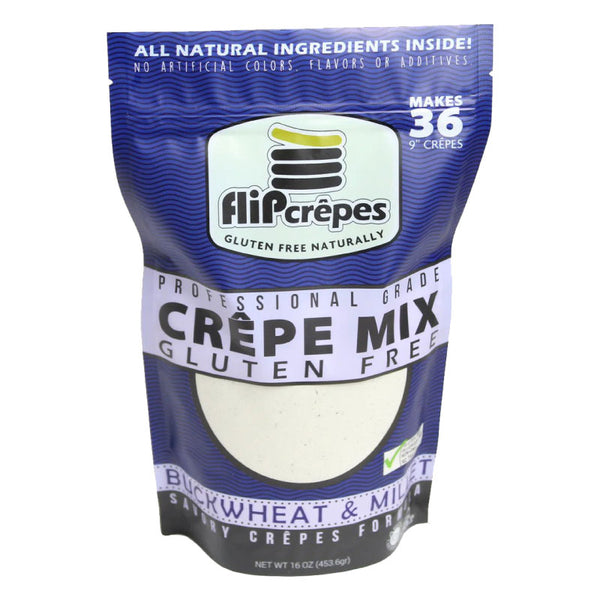As more and more people are becoming health-conscious, gluten-free diets have been on the rise. But is eliminating gluten from your diet truly the healthy choice? Let's explore the benefits and drawbacks of a gluten-free lifestyle.
What is Gluten?
Gluten is a protein found in grains like wheat, barley, and rye. It provides elasticity to dough, helping it to rise and keep its shape. While gluten is harmless for most people, those with celiac disease or gluten sensitivity must avoid it at all costs.
Celiac Disease and Gluten Sensitivity
Celiac disease is an autoimmune disorder where the ingestion of gluten leads to damage in the small intestine. According to the Celiac Disease Foundation, it affects about 1 in 100 people worldwide. Symptoms may include abdominal pain, bloating, and diarrhea. The only treatment is a lifelong gluten-free diet.
Gluten sensitivity, on the other hand, is a non-celiac condition that causes similar symptoms. While the exact cause is not yet known, it is estimated to affect around 6% of the population. The treatment is also a gluten-free diet.
Benefits of a Gluten-Free Diet
For those with celiac disease or gluten sensitivity, a gluten-free diet is a must. However, some people who do not have either condition still choose to go gluten-free. Here are some of the benefits they may experience:
-
Reduced Inflammation: Gluten-free diets can help reduce inflammation in the body, which may help with conditions like rheumatoid arthritis, lupus, and multiple sclerosis.
-
Improved Digestion: Those with Irritable Bowel Syndrome (IBS) may benefit from a gluten-free diet, as gluten can be difficult to digest for some people.
-
Blood Sugar Control: Studies have shown that a gluten-free diet can improve blood sugar control in patients with type 1 diabetes.
-
Weight Loss: Some people report weight loss on a gluten-free diet, although it may be due to cutting out processed foods that contain gluten rather than the elimination of gluten itself.
Drawbacks of a Gluten-Free Diet
While a gluten-free diet may offer benefits for some, it may not be the best choice for everyone. Here are some of the drawbacks to consider:
-
Nutrient Deficiencies: Gluten-free diets may lead to nutrient deficiencies if not carefully planned. Gluten-free products often contain lower amounts of fiber, iron, and B vitamins.
-
Cost: Gluten-free products can be expensive, which may be a barrier for some people.
-
Lack of Variety: Eliminating gluten from your diet may lead to a lack of variety, as many staple foods like bread, pasta, and pastries contain gluten.
Final Thoughts
In conclusion, a gluten-free diet is a must for those with celiac disease or gluten sensitivity. It may also offer benefits for certain conditions like inflammation and blood sugar control. However, for those without any medical conditions, it may not be necessary to eliminate gluten from your diet. It is important to carefully plan a gluten-free diet to ensure you are getting all the necessary nutrients. As always, consult with a healthcare professional before making any significant changes to your diet.
References:
- Celiac Disease Foundation. "What is Celiac Disease?" Accessed April 20, 2023. https://celiac.org/about-celiac-disease/what-is-celiac-disease/
- Harvard Health Publishing. "Going gluten-free just because? Here's what you need to know." Accessed April 20, 2023. https://www.health.harvard.edu/blog/going-gluten-free-just-because-heres-what-you-need-to-know-201302205916
- Mayo Clinic. "Gluten-free diet: What's allowed







